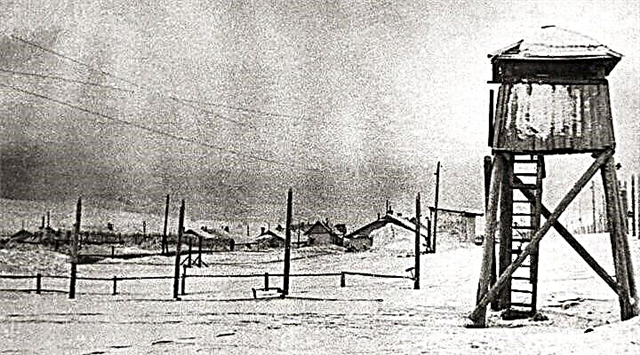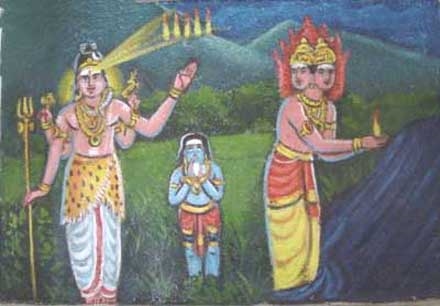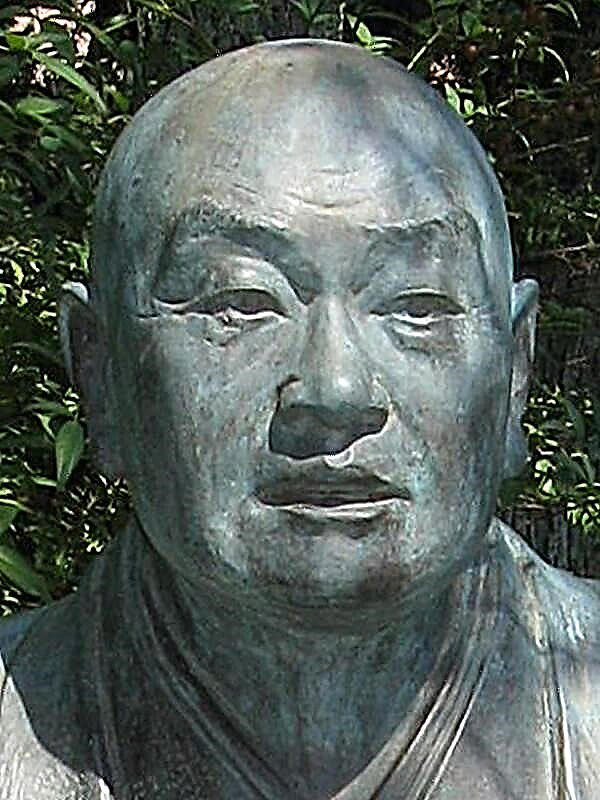(276 words) In the lyrics of Mikhail Yurievich Lermontov, the theme of the Motherland occupies an important place. The era of the Decembrists and general civil tension had a great influence on the poet. In the process of creativity, he tried to understand his feelings towards Russia.
Borodino is the first thing that comes to mind when you think about Lermontov’s contribution to civic poetry. The story of Uncle's nephew about how it was not without reason that Moscow was "given to the Frenchman" contains many sketches of the battle of 1812. A detailed description of the battle immerses the reader in the heroic past of Russia. He witnesses a bloody battle, hears the sound of weapons, the cries of soldiers. And the exclamation “Guys! Isn't Moscow behind us? ” conveys the patriotic mood of the people during the war.
Many works of the poet are distinguished by the absence of a pronounced civil pathos. The motive of the Motherland is lost in philosophical lyrics, as well as landscape and love. In the poem "How often a motley crowd is surrounded ..." the lyrical hero leaves the bustle of the city in memories of his native places, of his free childhood. Another example of admiring nature is “When a yellowing cornfield is worried ...”. The hero comprehends happiness and says that he sees God when he admires the Russian landscape.
But the attitude to the native country in two quatrains under the name “Farewell, unwashed Russia” is accusatory. The poet calls Russia "the country of slaves" and wants to hide from its shortcomings in the Caucasus. But he still loves the fatherland, albeit with a “strange love”, which he writes about in the poem Homeland. Mikhail Yuryevich cannot explain what exactly attracts him to these parts. He feels an inexplicable attraction to them, in spite of the glory bought by blood and the pictures of poverty.
Lermontov’s work is saturated with the idealization of the past, and the present becomes an occasion for criticism. The difficult times of serfdom prevent him from completely immersing himself in the chanting of his native land. An ambiguous assessment by the author of Russia is mixed with a lack of understanding of his own attraction to Russian nature, which indicates internal feelings about the future of the country.












